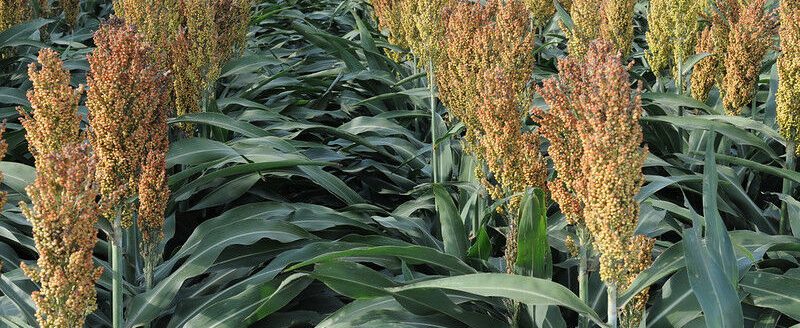The CEO of National Sorghum Producers and United Sorghum Checkoff Program says the investment producers are making to expand the crop’s usage is paying off.
Tim Lust says it has been methodical process. He remembers 20 years ago discussions began in earnest about searching for value added. When Lust joined the National Sorghum Producers, his first job was as director of marketing for five years before he became CEO. Lust remembers growing up on a farm where sorghum was grown strictly to feed livestock.
However, producers’ willingness to see value added as their long-term future has provided opportunities once unheard of for sorghum, he said. One example is in 2013 China was not in the sorghum market and in the past year it was reported that China bought 80% of United States sorghum.
“Today they (Chinese) have bought 26% of the crop we have just started to harvest,” Lust said.
A popular drink in China requires sorghum and it is shipped there where the grain is distilled, he said. Today about 50% of sorghum is goes to direct human consumption. Also, biofuels have become a cornerstone in Kansas, he said.
Lust says there are about 30,000 sorghum growers nationwide. He sees sorghum having the same opportunity to grow as Angus. In 1978, Certified Angus Beef was started from a group of ranchers, he said. Today the brand is a powerhouse in meat consumption.
Lust says sorghum has significant staying power, particularly in western Kansas and the High Plains region where water supplies are limited. Growers rightfully also have many questions about carbon credits and how their crop fits into the equation about climate change.
“When we talk about new markets,” he said, “net profitability is the only one that matters.”
He also noted that growers, when determining their profitability, are the ones who are providing large habitat for hunting leases. Those monies need to be taken into account for their investment. In a drought year where feed is limited sorghum stalks will help livestock producers meet a critical need. One encouraging aspect of all commodity groups, Lust said, is that farmers are engaging in more conversations about sustainability of the entire operation.
Lust was one of the panelists about new markets at the Ag Outlook Forum, Kansas City, Missouri, presented by the Agricultural Business Council of Kansas City and Agri-Pulse on Sept. 20.
Dave Bergmeier can be reached at 620-227-1822 or [email protected].




